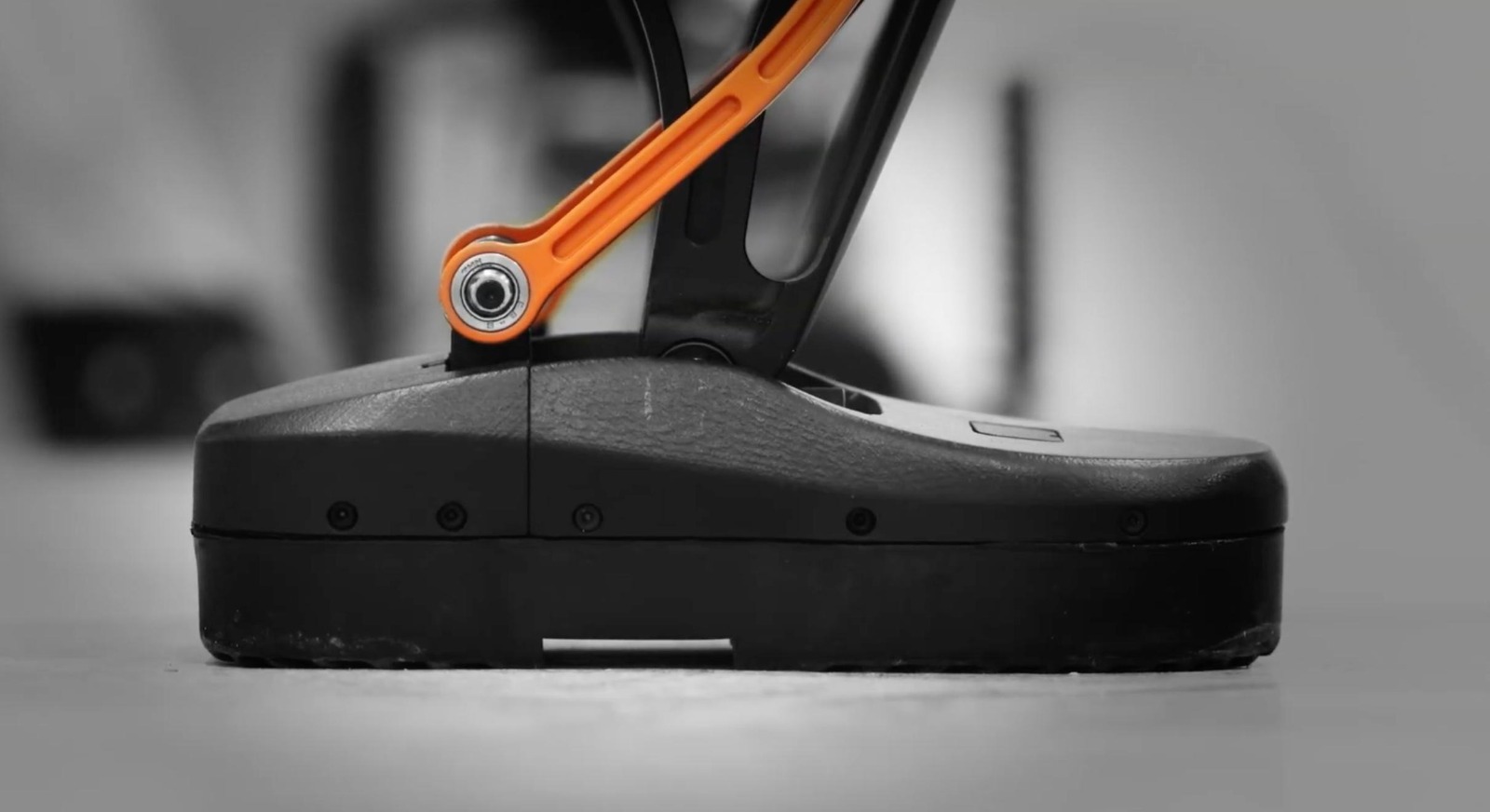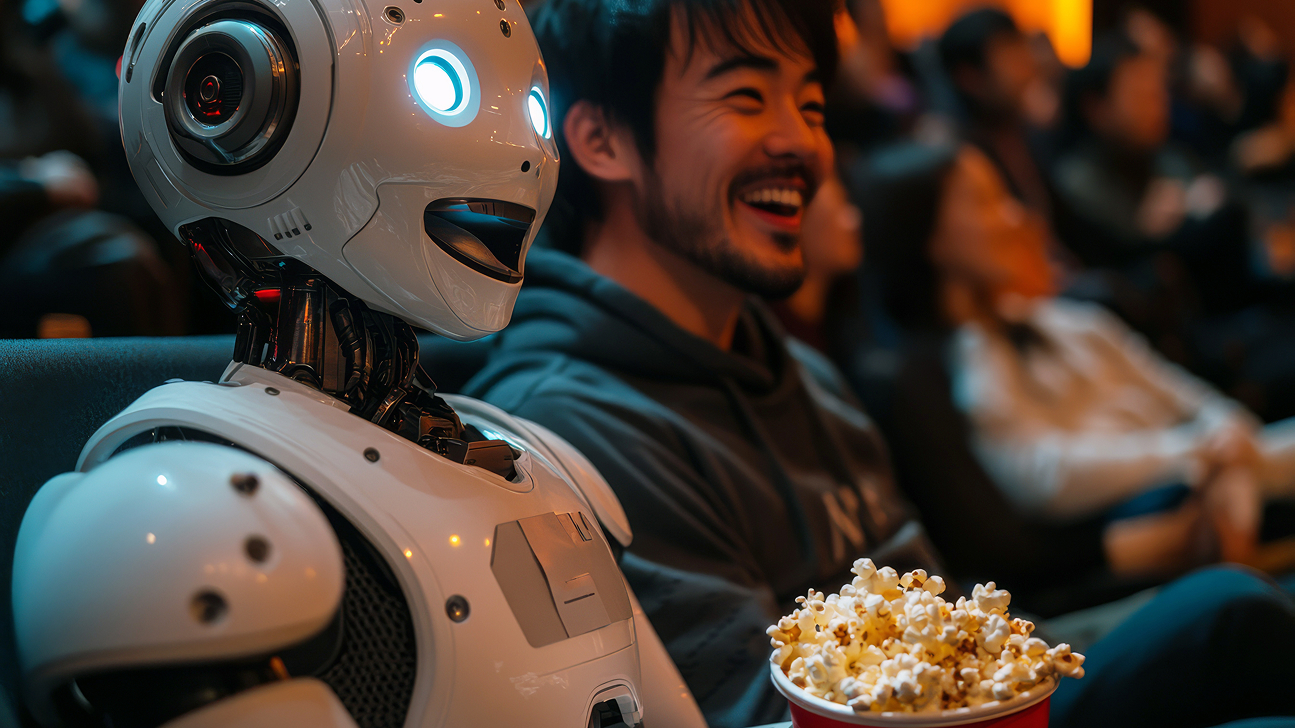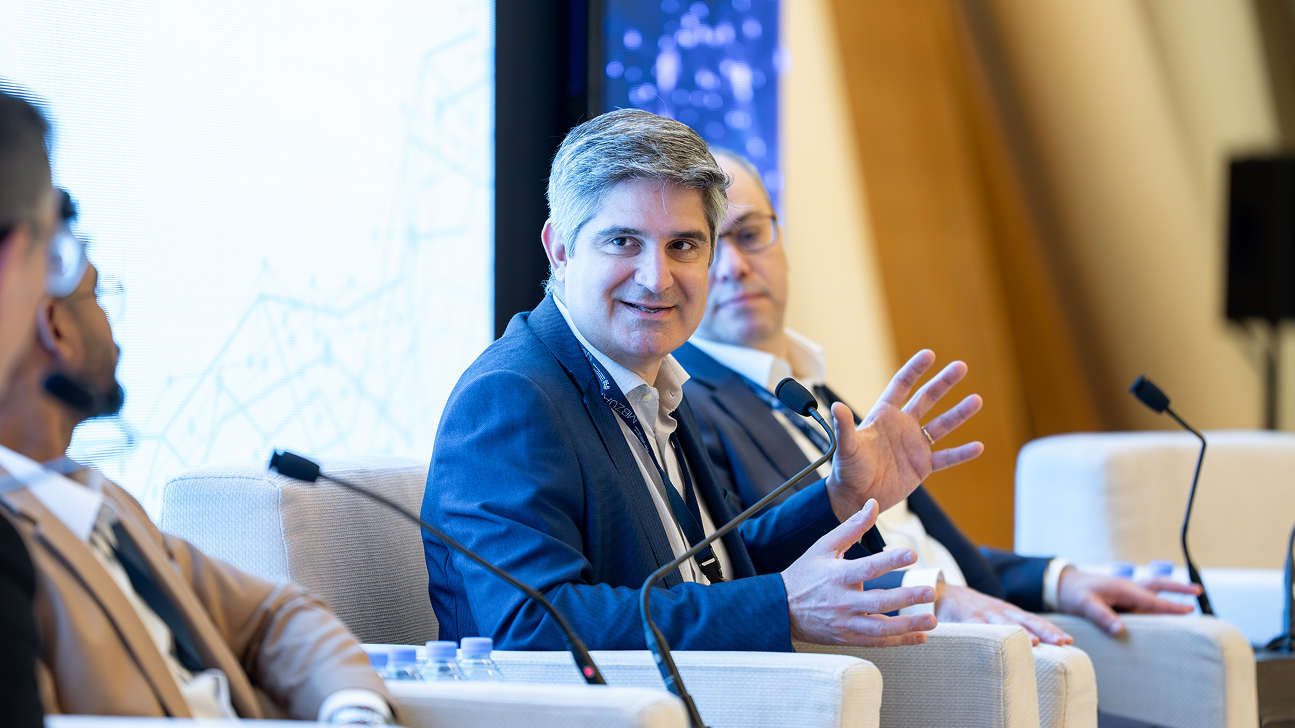New Physical AI-Framework Enables Rapid Learning of Complex Skills in Robotics
Wednesday, July 02, 2025

Despite significant advancements, robotic automation has struggled with reliably performing delicate, tactile tasks like inserting connectors or handling flexible materials. A new breakthrough – Tactile Skills – is changing this.
Sami Haddadin, VP for Research at Mohamed bin Zayed University for Artificial Intelligence (MBZUAI) has worked with his former PhD student Lars Johannsmeier and colleagues Yanan Li from the University of Sussex and Etienne Burdet from Imperial College, and led the work behind the paper published in Nature Machine Intelligence on 23 June.
The paper introduces the groundbreaking embodied AI framework coined Tactile Skills as a theoretically sound, practical and scalable framework, inspired by the human neural system and human vocational training. Their method uses a clearly structured taxonomy based on expert-defined process specifications. In simple terms, it’s like giving robots their own specialized curriculum, helping them rapidly learn and master new physical tasks.
“Our framework bridges the gap between human expertise and robotic capability. It’s rewarding to see robots now reliably mastering intricate tasks with precision and adaptability—this isn’t just incremental progress; it’s a meaningful leap forward for practical automation in everyday life,” said Sami Haddadin, VP for Research and Professor of Robotics at MBZUAI
This approach has been tested extensively on 28 distinct industrial tasks, including complex operations like plug insertion and precision cutting. Remarkably, the robots achieved nearly 100% success and industrial grade performance—even when encountering unexpected changes in object positioning or environmental conditions. These robots not only performed reliably but did so quickly and with minimal error.
A crucial advantage of this method is that it doesn’t rely solely on extensive trial-and-error or massive datasets, as traditional machine-learning methods often do. Instead, it blends expert process knowledge with reusable tactile control and adaptation components, significantly simplifying and speeding up the robot’s learning process. This reduces energy consumption and increases performance dramatically compared to current deep-learning-based approaches.
One of the framework’s standout achievements was successfully assembling a complex industrial device used in bottle-filling plants, demonstrating its practicality for real-world manufacturing scenarios. By bridging expert process definitions and robotic learning in a structured way, this method empowers operators who may not have deep robotics expertise to effectively deploy robots on diverse tasks, greatly reducing setup times and costs.
“This research represents an important leap toward widespread automation, transforming robots from specialized tools into adaptable, skilled assistants and ultimately physical AI agents. Industries can now envision greater automation of complex, tactile tasks, unlocking new potential for efficiency, safety, and scalability. Ultimately, this breakthrough doesn’t merely improve how robots handle specific tasks—it reshapes what’s possible for automation, making versatile and reliable robotic skills broadly accessible for industries and everywhere, and ultimately our homes.” said Haddadin.
Related
MBZUAI and Minerva Humanoids announce strategic research partnership to advance humanoid robotics for applications in the energy sector
The partnership will facilitate the development of next-generation humanoid robotics tailored for safety-critical industrial operations.
Read MoreAI and the silver screen: how cinema has imagined intelligent machines
Movies have given audiences countless visions of how artificial intelligence might affect our lives. Here are some.....
- cinema ,
- art ,
- fiction ,
- science fiction ,
- artificial intelligence ,
- AI ,
The future of robotics, rooted in Italian ingenuity
Raised amid Tuscany’s long tradition of engineering excellence, Cesare Stefanini is carrying the same creative spirit into.....
- innovation ,
- healthcare ,
- industry ,
- robotics ,
- faculty ,
- biorobotics ,


